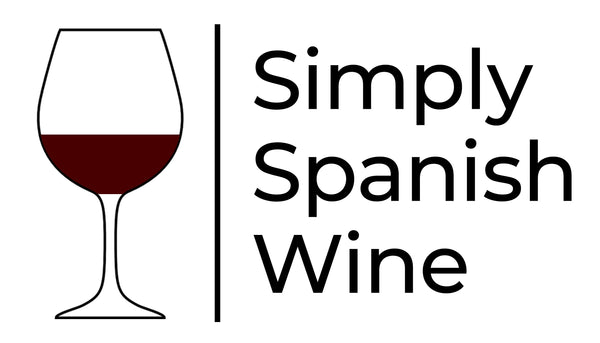We’ve been going to a few wine fairs recently, and this week found us at Barcelona Wine Week – fast becoming the biggest wine fair in Spain. Social media abounds at events like this, so you can easily get a sense of what it’s like to be in the middle of several hundred wine stalls, all offering you free wine to taste!
But whilst it’s pretty easy to take a look at what goes on at wine events like this, you rarely get a chance to see behind the scenes and get a glimpse of what goes into organizing one.
So we arranged to have a chat with Carmen Fuentes, a Spanish wine journalist and communications guru and the driving force behind the Vinos Radicales wine fair. It’s one of our favourite shows of the year and has quickly become a fixture on the Madrid wine circuit, with about 39 wineries showing their wines and 500 thirsty punters coming through the doors. So who better to give us a sneak peak at what goes into organizing one of these events.
How did you start Vinos Radicales? What gave you the initial idea?
The Salón de Vinos Radicales started 9 years ago with the help of the Sindicato del Gusto (Asociación Síndicos del Vino), which is a non-profit association that brings together a group of journalists and professionals with extensive experience in the fields of wine and food journalism, photography, graphic design, publishing and strategic marketing, with the aim of conceiving and carrying out projects outside conventional formats. It was not exclusively my idea. I am part of a team where everyone contributes their bit.
What is your strategy when designing and "commissioning" a wine show? What are the main criteria to be taken into account?
At a time when quality is no longer an argument for differentiation and uniformity threatens to devastate the diversity that the global vineyard treasures, those of us who truly love wine must focus our gaze on the small, in order to continue to enjoy the big. Because today the values that define the richness of wine -singularity, loyalty to a landscape, tradition, innovation, passion, risk, inspiration, madness...- only survive in the work of those winegrowers who swim against the tide of the globalisation of taste, the impositions of the market and the proliferation of photocopied wines. The last Mohicans of world viticulture in the 21st century are, inevitably, small producers, who work their vineyards with their own hands and remain faithful to the indigenous varieties and the character conveyed by the soil and climate. They are also sensitive to the environmental balance of their surroundings. These small winegrowers, champions of the vaunted - of which so many speak but so few know how to interpret - are the makers of radical wines. Radical, yes, because their roots go deep into the earth from which they come. And because they are also fundamental, extreme and uncompromising in the defence of their values. Organic, biodynamic, natural, single vineyard, village, ancestral, experimental, futuristic... radical wines are neither exclusive nor sectarian; on the contrary, they accept any methodology that allows the winegrower to remain true to his roots.
As regular attendees, Vinos Radicales always seems to offer a very eclectic and interesting mix of producers from all over Spain (with little overlap within a wine region). Is this a deliberate choice on your part?
No, our criteria are quality and authenticity, regardless of the regions they come from. We try to have a selection that represents the whole of Spain, but that is not the most important thing. We also tend to include other areas or guest countries. What moves us is that the winegrowers who have something different to show are with us in this great family that we have been forming for so many years. Radical Wines.
It seems to us that Radicales really reflects all the passion and innovation of the current world of wine in Spain. In your opinion, what is so special about the ¨Spanish Wine Revolution¨ we are going through;
There is a great revolution and a desire to make better, more authentic wines that represent the diversity of the Spanish vineyard. Its climate, its soils, different ways of winemaking and, in short, different philosophies when it comes to transmitting. This is very good, creative and exciting.
Finally, there is a lot of competition in the world of wine fairs - Fenavin, BWW, ProWein, etc. - how do you see the future of the sector?
Each one has its own philosophy and its own public. Everything that moves the world of wine is good, but the difference is that we make a selection of both the wineries invited and the target public. The professionals who come to the Show know that what they are going to be able to taste is interesting…and in many cases, a completely new discovery!

